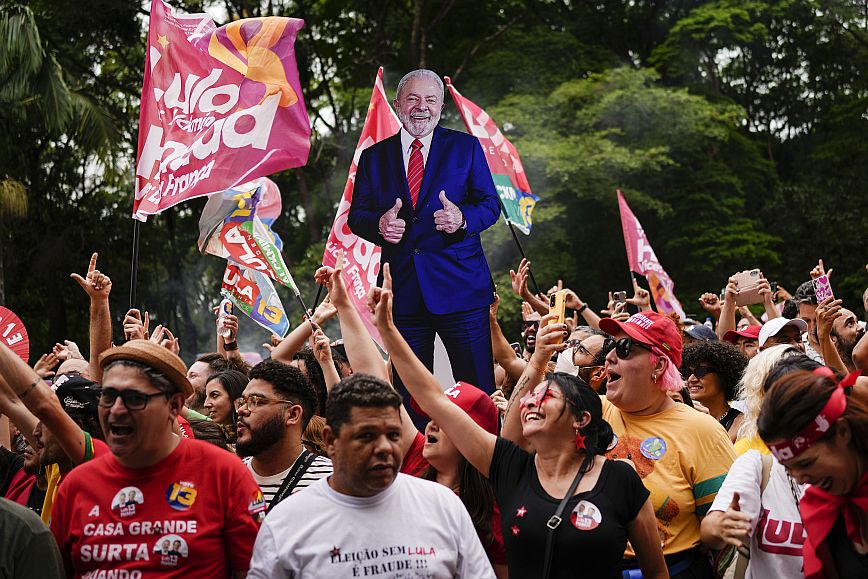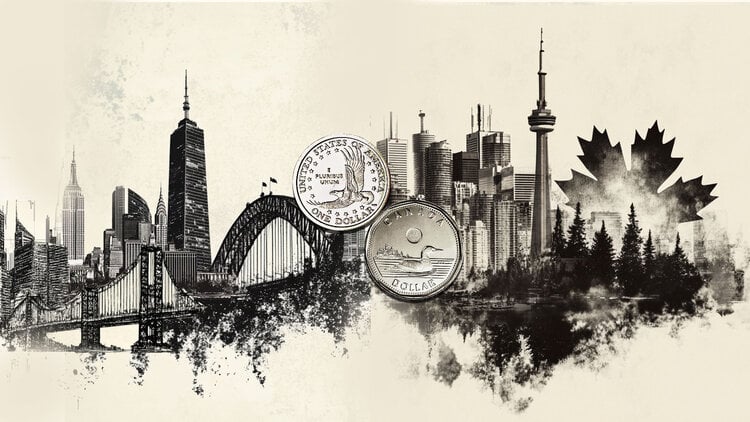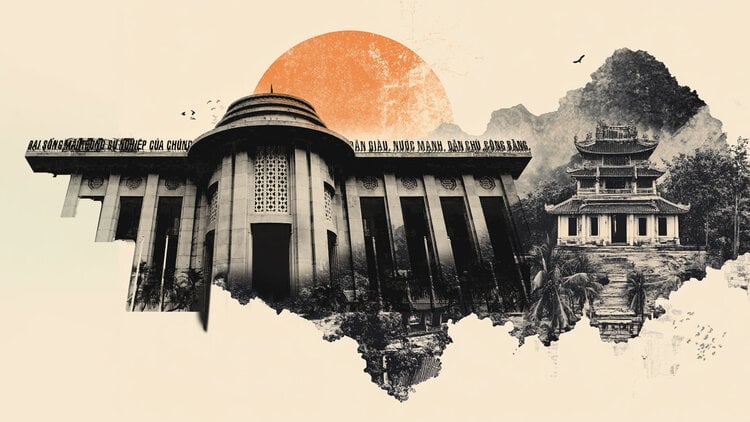
The citizens of Brazil go to the polls for the second round of the presidential elections in a climate of tension between Jair Bolsonaro and Luiz Inacio Lula da Silva.
The center-left candidate may be the favorite to return to power, but the far-right president will fight to the end to be re-elected, which was also shown by the insult-filled debate between the two gladiators.
Bolsonaro has pledged to cement a distinctly conservative turn in Brazilian politics after a presidency marred by the pandemic. Lula promises greater social and environmental responsibility, recalling the growing prosperity of his 2003-2010 presidency, before corruption scandals tarnished the Workers’ Party’s image.
Some 120 million voters are expected to ‘tap’ their choice on electronic voting machines that Bolsonaro claims, without offering evidence, are vulnerable to tampering, raising concerns that he may not accept a defeat, following the example of his ideological ally , of former US President Donald Trump.
That has raised tensions in Brazil’s most polarized election since it returned to democracy in 1985 from a military dictatorship that former union leader Lula opposed and that ex-captain Bolsonaro nostalgically recalls.
The next day
A victory for Lula would mark a triumphant return for the leftist leader, who was jailed in 2018 for 19 months for bribery, a conviction that was overturned by the Supreme Court last year, clearing the way for him to seek a third presidential term.
Lula has promised a return to the state-led economic growth and social policies that helped lift millions of people out of poverty when he first ruled Brazil. It also pledges to fight the destruction of the Amazon rainforest, now at a 15-year high, and make Brazil a leading country in global climate talks.
A second term for Bolsonaro would keep Brazil on a path of free-market reforms and looser environmental protections, while consolidating a coalition of right-wing parties and powerful agribusiness interests that bankrolled his campaign.
The challenge paper
Election authorities are bracing for an inconclusive result, which Bolsonaro may challenge if he loses.
The president has spent more than a year questioning the reliability of Brazil’s electronic voting system. Although there has been no evidence of fraud since it was implemented in 1996, many Bolsonaro supporters now question the solvency of the country’s elections.
A rising tide of political violence this year, highlighted in recent weeks by armed clashes involving prominent allies of Bolsonaro, has heightened fears that a disputed election result could lead to riots.
The Supreme Election Court, led by Supreme Court justices, has established a security plan to protect staff and buildings in the event of protests such as the January 2021 attack on the US Capitol.
Allies of Bolsonaro are holding a “victory party” on Brasilia’s central esplanade today during the count.
The president has also asked his supporters to stay at the polling stations until they close at 5.00 pm. (22:00 Greek time), which some critics say could scare away voters and lead to clashes.
Lula, who was born into poverty and led union strikes against Brazil’s military government before founding the Workers’ Party in the 1980s, has called on voters to defend democracy in Brazil from Bolsonaro’s “neo-fascism”.
Adding to the uncertainty, Bolsonaro called on the military to publicly support his theory that the voting system is vulnerable to fraud.
The armed forces checked some voting machines during the first round to ensure that the paper receipts matched the results transmitted digitally, but did not report their findings.
Retired generals have told Reuters they trust the armed forces not to support any unconstitutional actions by Bolsonaro.
Source: News Beast
I’m Robert Neff, a professional writer and editor. I specialize in the entertainment section, providing up-to-date coverage on the latest developments in film, television and music. My work has been featured on World Stock Market and other prominent publications.







